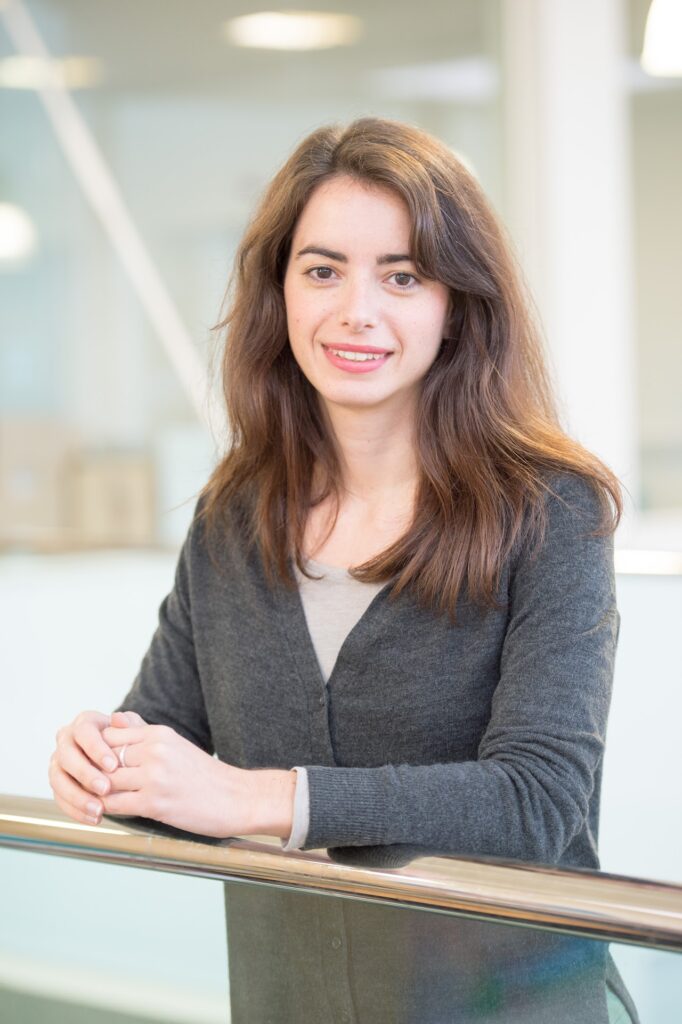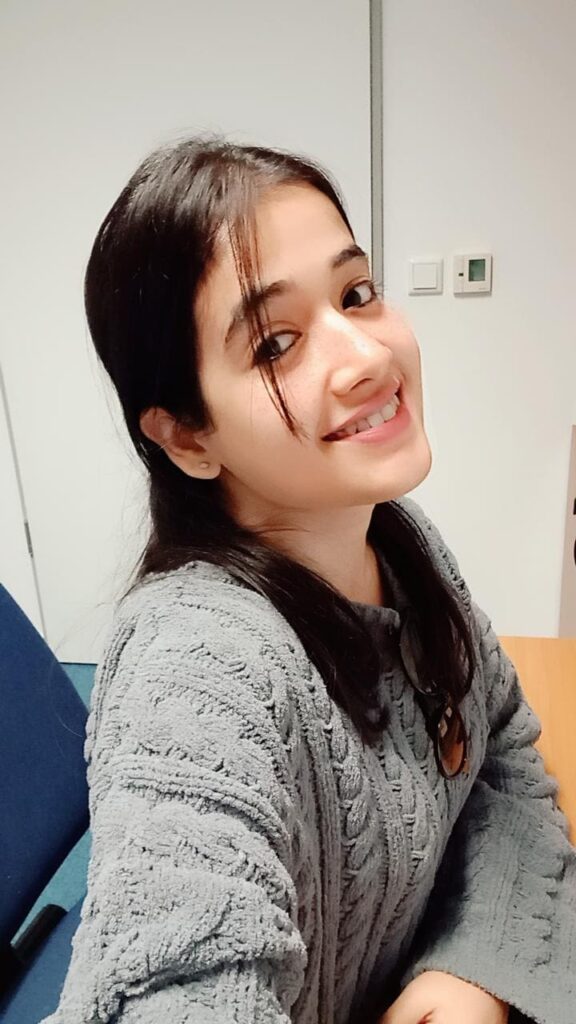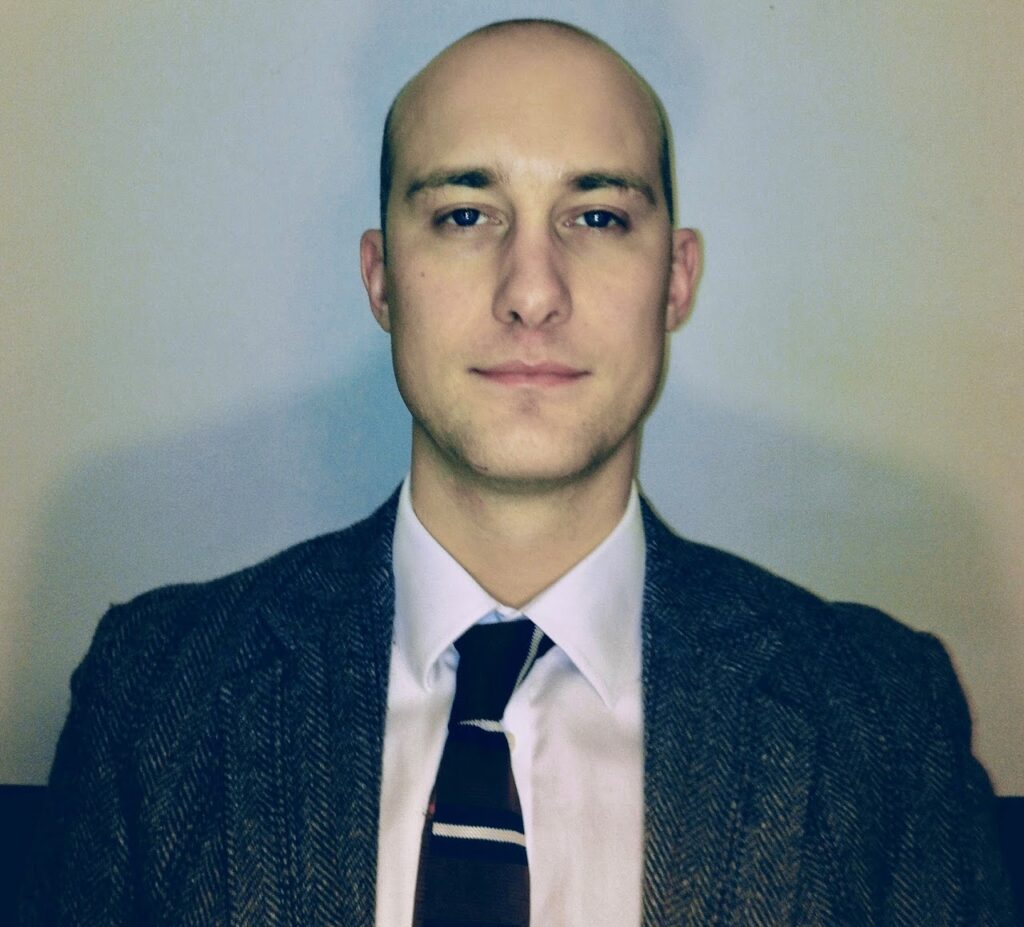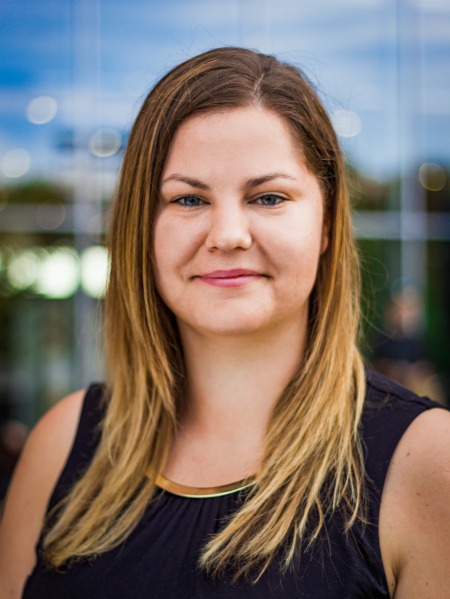
Eleftheria Triviza (University of Mannheim) will present her Job Market Paper “Optimal Pricing Scheme for Addictive Goods“ on January 27th at 10 AM, room QA 406 (note the room change). One-to-one meetings with the speaker can be arranged; please contact the seminar organizers, Dr. Noémie Cabau (cabau.noemie@gtk.bme.hu) and Dr. Arseniy Samsonov(samsonov.arseniy@gtk.bme.hu).
Abstract:
This article analyses how consumers’ habit formation and addiction affect firms’ pricing policies. I consider both sophisticated consumers, who realize that their current consumption will affect future tastes, and “naive” consumers, who do not. The optimal contract for sophisticated consumers is a two-part tariff. The main result is that the optimal pricing pattern when the consumer is naive is a “bargain then rip-off” contract, namely a fixed fee, with the first units priced below cost, and then priced above marginal cost. This holds both under symmetric and asymmetric information about the consumers’ degree of sophistication.








